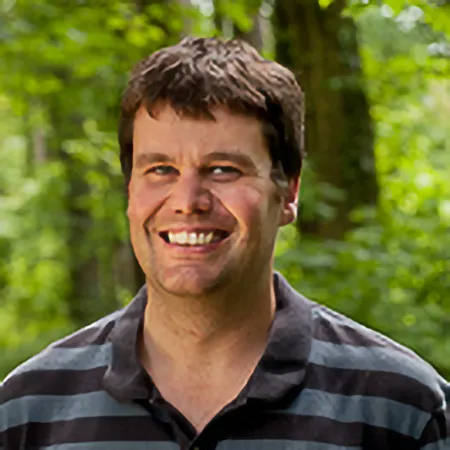Their Global Importance & Management in the 21st Century
Novel ecosystems—where biotic and/or abiotic changes have led to systems that have no analog in the present or past—are a worldwide phenomenon. Myriad interacting environmental changes and thresholds to restoration prevent return to some historical state. What should restoration ecologists do when confronted by such systems? One answer may be to restore function to degraded systems.
In this talk, Dr. Michael Perring will introduce the concept of novel ecosystems and show their global importance in the 21st century. He will argue that they are a necessary consideration for restoration ecology. He will then introduce the Ridgefield Multiple Ecosystem Services Experiment, which shows a potential path for restoration management in novel ecosystems while also testing ecological theory. Ridgefield, in the highly fragmented agricultural landscape of the southwestern region of Western Australia, investigates how species composition and diversity (through variation in the plant traits within the system) influence the provision of multiple valued ecosystem functions including carbon sequestration, nutrient cycling and resistance to non-native invaders. He will share some early results from this recently planted long-term experiment, showing how differences in survival may affect the long-term provision of, and trade-offs among, ecosystem services. Finally, he will discuss his aims in his collaboration with Erle Ellis and SESYNC, and welcomes feedback on the ideas being presented.
Presenters
Michael Perring
Dr. Michael Perring is on the Faculty of Bioscience Engineering at Ghent University in Belgium. His research focuses on the interactions among land use legacies and contemporary environmental change and how they affect ecosystem properties. Using plant traits to project community assembly and ecosystem function, he is known for his work on ecological restoration interventions and targets in the Anthropocene. While visiting SESYNC, Michael presented his ideas on novel ecosystems in which biotic and abiotic changes have led to systems with no precursor. These novel ecosystems are now...
Michael Perring
Dr. Michael Perring is on the Faculty of Bioscience Engineering at Ghent University in Belgium. His research focuses on the interactions among land use legacies and contemporary environmental change and how they affect ecosystem properties. Using plant traits to project community assembly and ecosystem function, he is known for his work on ecological restoration interventions and targets in the Anthropocene. While visiting SESYNC, Michael presented his ideas on novel ecosystems in which biotic and abiotic changes have led to systems with no precursor. These novel ecosystems are now increasingly widespread across the globe. While at SESYNC, he also investigated how to better estimate the causes of novel ecosystem terrestrial extent and thus better inform policy and management interventions in the restoration and conservation spheres.
External Links:
https://www.ugent.be/bw/environment/en/research/fornalab/staff-fornalab/mike-perring
